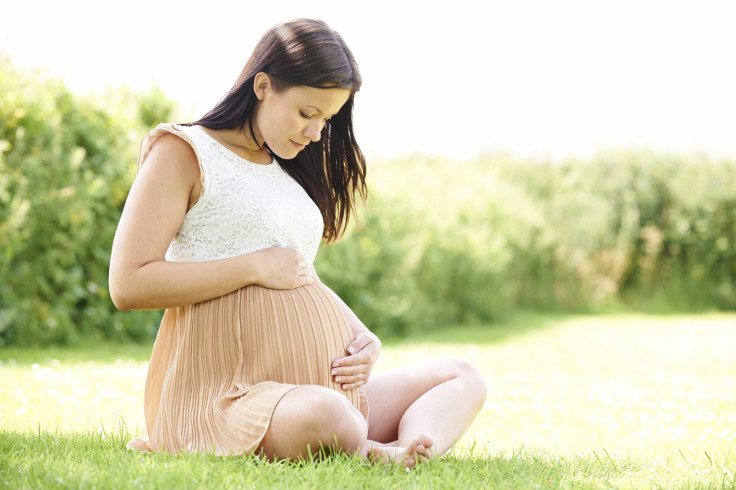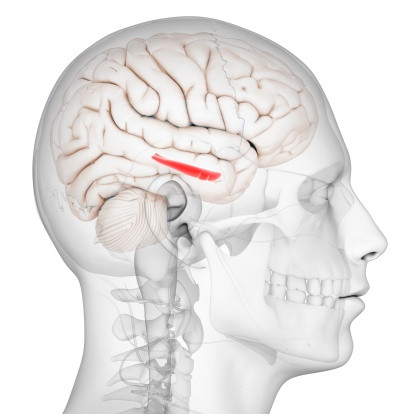Pregnancy changes a woman, including the structure of her brain
Reduction in grey matter volumes in areas associated with social processes may prepare women for motherhood.

During pregnancy, the brains of women undergo structural alterations that persist for at least two years, a study has shown. These changes may prepare women for the social demands of motherhood, and could also predict their level of attachment to their baby.
Pregnancy involves radical hormonal and biological changes that transform women's bodies, but very little is known about how the process changes the brain. It is known that hormonal surges at other moments of a woman's life, such as during puberty, can modulate the brain's structure and function.
Animal studies have also indicated that reproduction and pregnancy is associated with neural changes. However, scientists have found it more challenging to study this phenomenon in pregnant women.
"Women's brains are not usually scanned during their pregnancies, and working with a sample of women wanting to get pregnant but who are not pregnant yet is quite difficult to find and unpredictable – you don't know how many will actually become pregnant and within what time frame", Elseline Hoekzema, lead author of the new study published in Nature Neurosciences, told IBTimes UK.
Grey matter volume
Working at the Universitat Autònoma in Barcelona in collaboration with the Instituto Valenciano de Infertilidad, the team designed a prospective study to compare brain changes before and after pregnancy in first-time mothers. The 25 women they recruited were compared to women who had never given birth, as well as to fathers and men without children, to assess whether pregnancy is associated with changes in the gray matter structure of the human brain.

High resolution brain scans were performed before conception, soon after the end of women's pregnancy, and two years after that.
Compared with the brain images obtained before pregnancy, the researchers identified pronounced and long-lasting grey matter volume reductions in the brain areas involved with social processes, including the hippocampus. These changes were still noticeable two years on.
These brain regions were also the ones that showed the strongest response after birth, when the women were shown images of their babies as they underwent new brain scans. The researchers also found out that grey matter volume changes in pregnancy could in some cases predict how attached to her child a mother was going to be following birth.
These findings support the idea that pregnancy does change the structure of the human brain and that this is an adaptive process serving the transition into motherhood – the changes prepare women to be mothers by altering the parts of the brain linked social behaviours and processes.
No cognitive changes
However, the study does provide evidence to say whether these changes lead to cognitive changes. "Literature on this topic is inconsistent as some studies find reductions in memory performance while others do not. In our study, no cognitive changes were observed," Hoekzema, who is currently based at Leiden University, said.
"The only indication remotely providing support for the possibility of memory changes in our study is the change we see in the hippocampus. However, in rodents, reproduction-related hippocampal changes are actually associated with long-lasting improvement in spatial memory and learning. So, right now, we cannot draw any conclusions about cognitive changes in pregnancy."
The scientists will now pursue their investigations further, and have started working on several follow-up studies. Some the questions they will try to answer are what happens when a woman is pregnant another time and whether brain changes can predict the emergence of post-partum depression. They will also investigate what happens to structural and functional connections between brain regions that see a grey matter reduction after pregnancy.
© Copyright IBTimes 2025. All rights reserved.






















